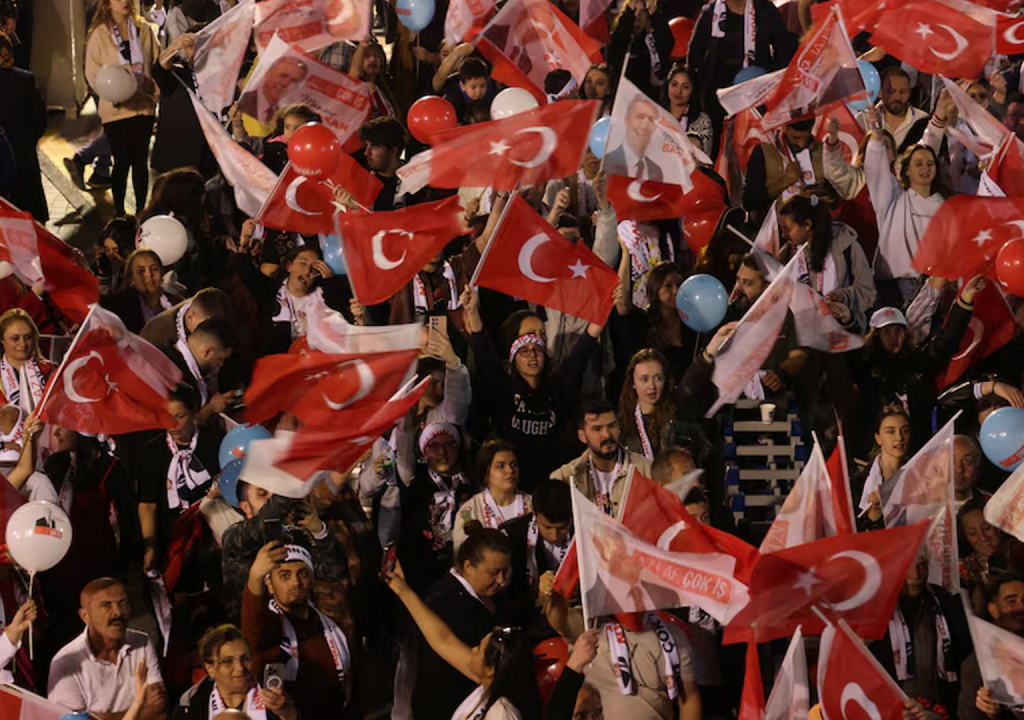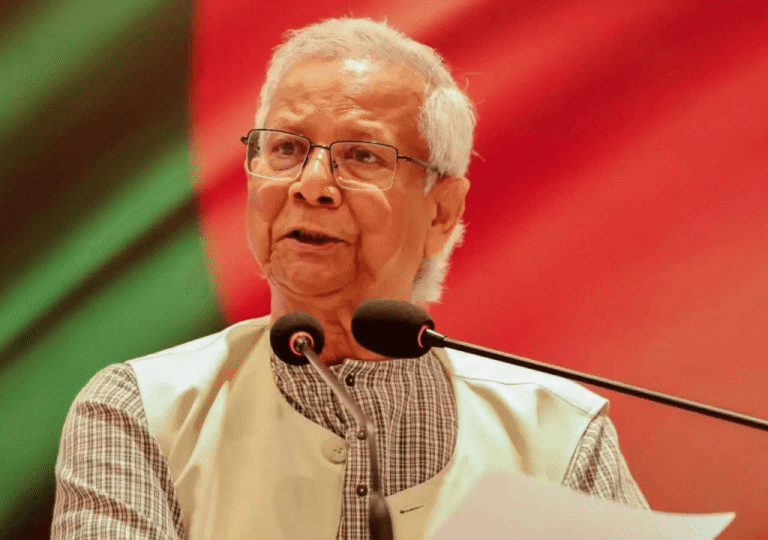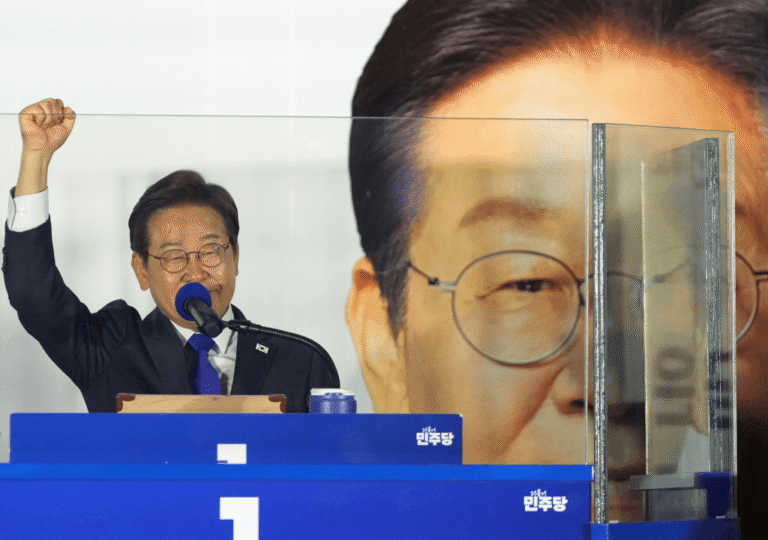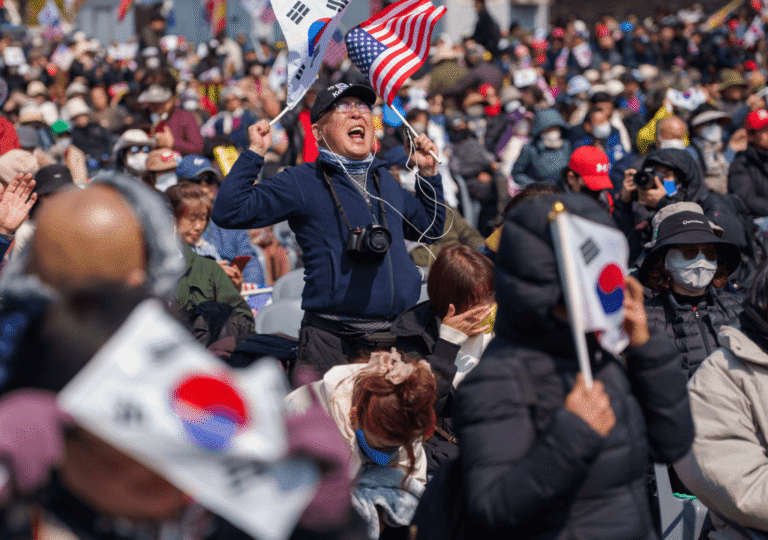Last year, Erdogan comfortably won another presidential term amidst severe economic crises, mishandling of natural disasters, and a steep decline in living standards. This underscored his enduring influence and highlighted the weakness of the opposition. Erdogan, Turkey’s leader for the past two decades as both Prime Minister and President, adeptly navigated challenges to his rule. He successfully thwarted a potential military coup, triggered by constitutional provisions aimed at safeguarding secularism in the country. Moreover, Erdogan orchestrated a referendum to transition Turkey’s governance from parliamentary to presidential, driven by his desire to retain power. He effectively advanced Islamic and Ottoman sentiments, sacrificing the progress Turkey had achieved since the World War. The reopening of Hagia Sophia after years of closure symbolizes this transition from modern secular principles to embracing Turkey’s Ottoman aspirations
In Turkey, elections encompass six levels of government: Presidential (National), Parliamentary (National), Municipality Mayoral (Local), District Mayoral (Local), Provincial or Municipal Council Member (Local), and Muhtar (Local). Less than a year ago, both presidential and parliamentary levels were conducted, and Erdogan and his Justice and Development Party (AKP) emerged stronger, leaving Turkey’s main opposition parties disheartened. However, after a year in the local elections, we are witnessing a surge in support for opposition parties in the local level elections.
It’s no surprise that the recent local elections brought about a remarkable shift, leading to exuberant celebrations well into the early hours. With inflation soaring close to 70% and voter dissatisfaction amplified by a significant increase in interest rates. Erdogan’s strategy of leveraging Islamic identity politics has faced challenges. The austerity measures endorsed by Erdogan since his reelection have placated Western markets but have alienated key AKP supporters. In contrast, the charismatic and influential opposition leader Ekrem İmamoğlu’s ability to appeal to conservative voters has bolstered the CHP, making him a formidable adversary compared to the lackluster opposition candidate fielded last May.
In Istanbul, Turkey’s largest city, the incumbent mayor, Ekrem Imamoğlu, convincingly defeated Mr. Erdogan’s candidate. Imamoğlu’s Republican People’s Party (CHP) also achieved sweeping victories in other major cities, securing landslide wins in the capital, Ankara, and easily in Izmir. Local elections in Turkey’s key cities, notably Istanbul and Ankara, hold significant importance in the country’s political and economic landscape. The mayors of these cities play prominent roles in national politics. In a surprising turn of events, the CHP managed to secure victories in conservative towns and villages that constitute Erdogan’s electoral stronghold in Anatolia and near the Black Sea. The gains made by the Islamic far-right New Welfare Party (YRP) in those regions, at the expense of the AKP, further compounded the president’s woes.
The recent election has injected enthusiasm into Turkish politics. As a fresh challenger heralding a new era for Turkish democracy, Ekrem İmamoğlu’s securing of a second term as Istanbul’s mayor sparked jubilant celebrations among his supporters. The victory of Turkey’s main opposition party in the local elections exceeded expectations, offering the Republican People’s Party (CHP) a glimpse of a promising future. Social media platforms overflowed with celebratory memes, and Istanbul residents took to the streets, blaring music and, in some cases, removing posters of Erdogan’s mayoral candidate. Addressing his supporters after a night of historic wins, Ekrem İmamoğlu declared it “The Dawn of a New Era”.
The opposition’s strongest showing in decades is also a success for another leader called Ozgur Ozel. Following its defeat in the general election last year, the CHP appointed a new, younger leader, the former pharmacist and trusted candidate Özgür Özel, who is perceived as a longtime ally of İmamoğlu. Both represent a shift within the opposition, with the ability to appeal to conservative and Kurdish factions of Turkish politics beyond the party’s traditional stronghold. Together, they successfully united all anti-Erdogan votes.
At the same time, the setbacks for Erdogan’s AKP reflect years of internal turmoil. While the president has maintained popularity, the party’s overreliance on his charisma has intertwined their fates. Despite Erdogan’s prominent role in the campaign to reclaim Istanbul from İmamoğlu, the party fielded a mayoral candidate unlikely to emerge as a potential successor – a figure Erdogan sorely needs but seems hesitant to endorse. Additionally, the AKP faces challenges from far-right parties, which have split their voter base. The emergence of Islamic parties like the New Welfare Party (YRP) will definitely challenge AKP’s support
Considering Erdogan’s firm control over institutional patronage and influence networks, honed over his more than two decades in power, it would be premature to interpret these results as a definitive turning point. However, they provide ample reasons for optimism among secular and liberal voters. Most notably, Sunday’s significant rebuke may deter Mr. Erdogan from pursuing additional constitutional amendments to enable him to seek yet another presidential term.








